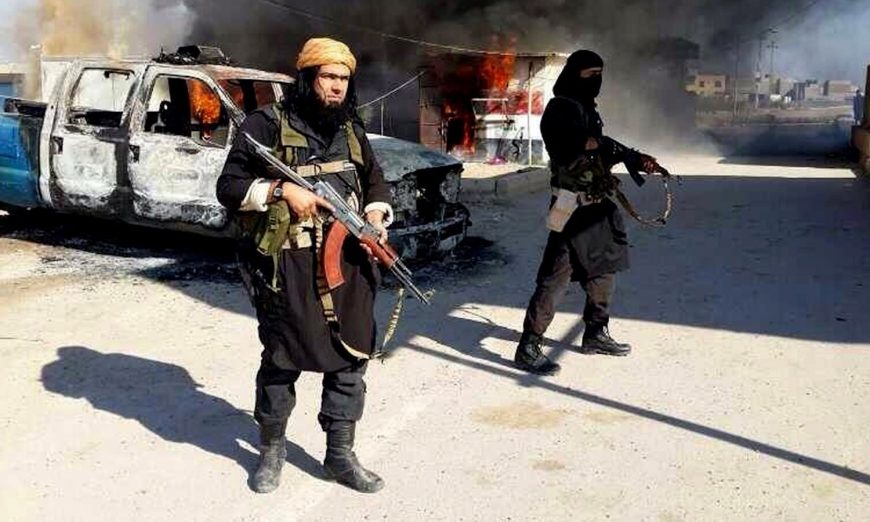Four in Diyarbakır, 34 in Suruç and 102 in Ankara, a total of 140 deaths for which the government declared that the Islamic State in Iraq and the Levant (ISIL) is responsible.
We can add to this account Sgt. Mehmet Yalçın Nane, shot by ISIL militants and snipers in Kilis while waiting on the border on July 24. Regardless of the number of deaths, I can clearly say that ISIL atrocities constitute crimes against humanity according to international criminal law. Crimes against humanity are certain acts committed as part of a widespread or systematic attack directed against any civilian population. The first prosecution for crimes against humanity took place at the Nuremberg Trials. During the Nuremberg and Tokyo trials after World War II, the elements of the crimes were defined and the International Tribunal for the former Yugoslavia (ICTY) and the International Tribunal for Rwanda (ICTR) adopted specific elements in their statutes. The Rome Statute, establishing the permanent International Criminal Court (ICC) has clear provisions for crimes against humanity. According to Article 7 of the Rome Statute, the extermination of 102 people with a bomb constitutes a crime against humanity. I’m sure more ISIL atrocities could be collected if a serious investigation were to be done, as we are speaking about an insane killer gang that has cut hundreds of throats, tortured, raped and sexually enslaved people. Professor M. Cherif Bassiouni, an internationally recognized expert whom I had the privilege to meet in İstanbul a few years ago, argues that crimes against humanity are part of jus cogens, and as such constitute a non-derogable rule of international law.
According to precedents established by the ICTY and the ICTR, the number of deaths is not important. The important thing for this crime is the mental element (mens rea), the mental intention or mental fault, the guilty state of mind of the perpetrator at the time of the offense. If the accused was committing crimes against humanity knowingly, willfully and intentionally, it would constitute the crime even if only one person suffered. In Turkey, more than 140 people have died within the last four months.
Turkish Penal Code (TCK) Article 77 prescribes that willful killing with an intent defined as a crime against humanity deserves aggravated lifetime imprisonment and that this will be applied according to the number of people killed. It means that if serious proceedings were to be held in Turkey, ISIL gang members responsible for the attacks in Turkey would be sentenced to a total of 140 lifetime imprisonments. There is no probability of that happening at the moment. As Turkey is not a state party to the Rome Statute establishing the ICC, Turkey is not allowed to ask the ICC to start an investigation. However, an ad-hoc recognition of the ICC’s power of authority limited to just this issue is possible and the government has to take it into account seriously.
The ICC, having the support of the UN behind it, could conduct an investigation in Turkey and collect evidence before it disappears. The best solution would be ratification of the Rome Statute and becoming a member state to the ICC, but ad hoc recognition of the ICC can help Turkey in its combat with terrorism in general, and particularly combat with ISIL. The atrocities of ISIL in Syria and Iraq are another problematic area that deserves another article, but I can say that ad hoc recognition could help these two countries as well; however, it will press the alarm button for the Turkish government on the allegations of having previously aiding ISIL.

